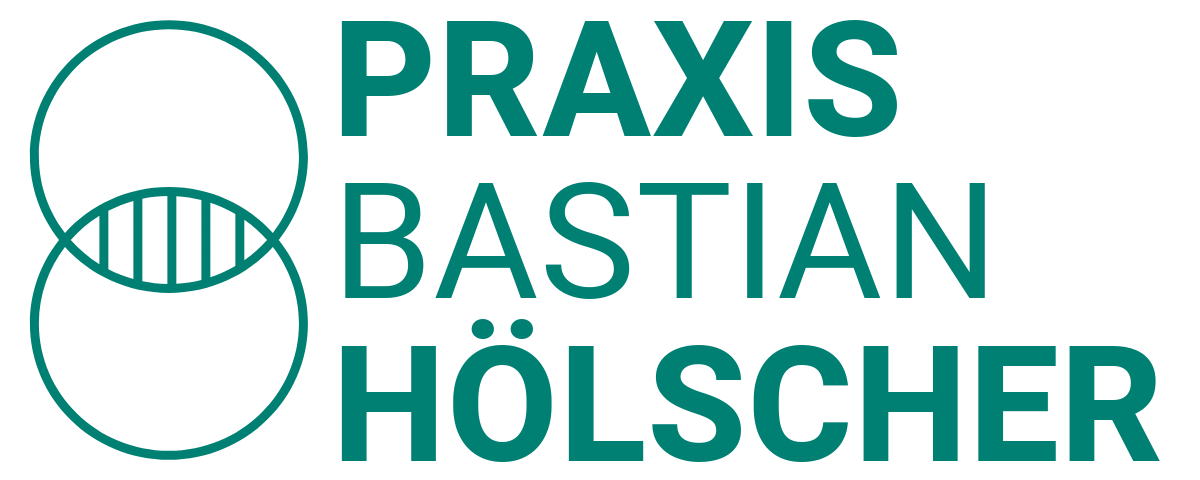Fatigue Syndrome
Causes, Symptoms, and Therapeutic Approaches in Functional Medicine.

Fatigue syndrome, also known as chronic fatigue syndrome (CFS) or burnout, is a complex and multifaceted health issue characterized by persistent tiredness and exhaustion. These symptoms cannot be resolved by rest or sleep and significantly impair quality of life.
Symptoms of Fatigue Syndrome
The symptoms of fatigue syndrome are varied and can differ from person to person. The most common symptoms include:
- Persistent Fatigue: Exhaustion that is not relieved by sleep or rest periods.
- Sleep Disturbances: Difficulty falling or staying asleep and unrefreshing sleep.
- Cognitive Impairments: Difficulties with concentration, memory problems, and reduced mental performance.
- Muscle and Joint Pain: Unexplained pains in muscles and joints, often without signs of inflammation.
- Headaches: Frequent or chronic headaches.
- Sore Throat and Lymph Node Pain: Sore throat and painful lymph nodes, especially in the neck and under the arms.
- Sensitivity to Light and Noise: Hypersensitivity to sensory stimuli.
- Flu-Like Symptoms: Fever, sore throat, and swollen lymph nodes.
Causes from the Perspective of Functional Medicine
In functional medicine, fatigue syndrome is viewed as a multifactorial issue caused by a variety of triggers and underlying factors. These include:
- Hormonal Imbalances: Dysfunctions of the adrenal glands, thyroid, and sex hormones can significantly contribute to fatigue.
- Nutrient Deficiencies: A lack of essential vitamins and minerals such as vitamin D, B vitamins, magnesium, and iron can cause fatigue.
- Dysbiosis and Gut Health: An imbalance in gut flora can lead to systemic inflammation and energy loss.
- Chronic Inflammation: Low-grade, chronic inflammation in the body strains the immune system and leads to fatigue.
- Toxic Burden: Environmental toxins, heavy metals, and chemical exposures can impair bodily functions and cause fatigue.
- Mitochondrial Dysfunction: Mitochondria are the powerhouses of the cells; impairment of their function leads to reduced energy production.
- Psychosocial Stressors: Chronic stress, emotional burdens, and trauma can overload the nervous system and lead to fatigue.
Therapeutic Approaches and Solutions in Functional Medicine
Treatment of fatigue syndrome in functional medicine follows a comprehensive, personalized approach that addresses the underlying causes and activates the body’s self-healing capacities. The main therapeutic approaches include:
- Individualized Nutritional Counseling: A patient-tailored diet can help reduce inflammation, correct nutrient deficiencies, and optimize energy production. This may also include identifying and eliminating food intolerances.
- Nutrient Supplementation: Targeted supplementation of vitamins and minerals that contribute to restoring energy and well-being, such as B vitamins, vitamin D, magnesium, coenzyme Q10, and omega-3 fatty acids.
- Hormone Balancing: Hormonal imbalances identified through lab tests can be balanced with bioidentical hormones and other natural approaches.
- Optimizing Gut Health: Use of probiotics, prebiotics, and gut healing protocols to restore a healthy gut flora.
- Stress Management: Stress-relief techniques such as meditation, yoga, mindfulness training, qigong, and psychotherapy help calm the nervous system and strengthen emotional health.
- Exercise Therapy: Customized physical activities that boost energy and improve muscle function without overtaxing the body.
- Sleep Hygiene: Optimizing sleep environment and habits to promote restorative sleep.
In my functional and nutritional medicine practice, I work closely with you to identify the individual causes of your fatigue and develop a customized treatment plan. Together, we activate your body’s self-healing mechanisms to restore your energy and zest for life.

